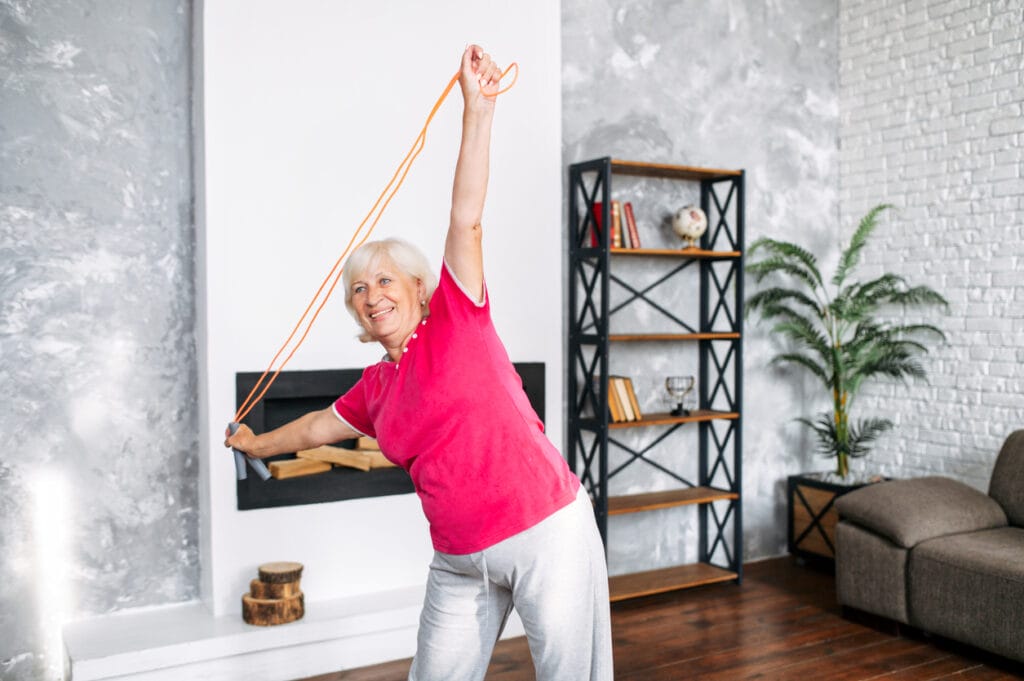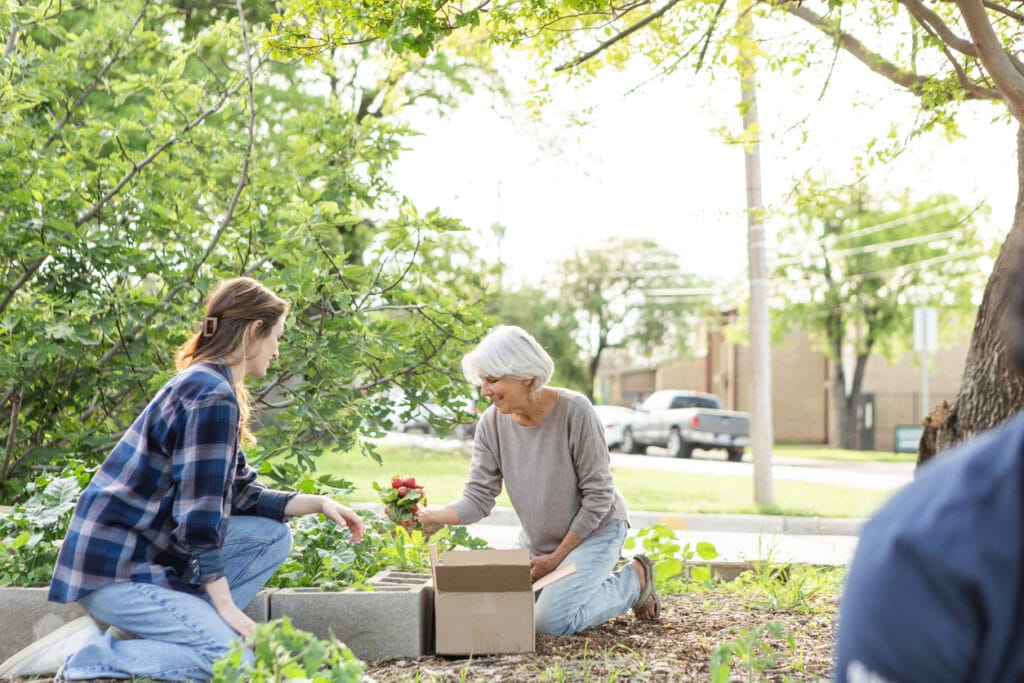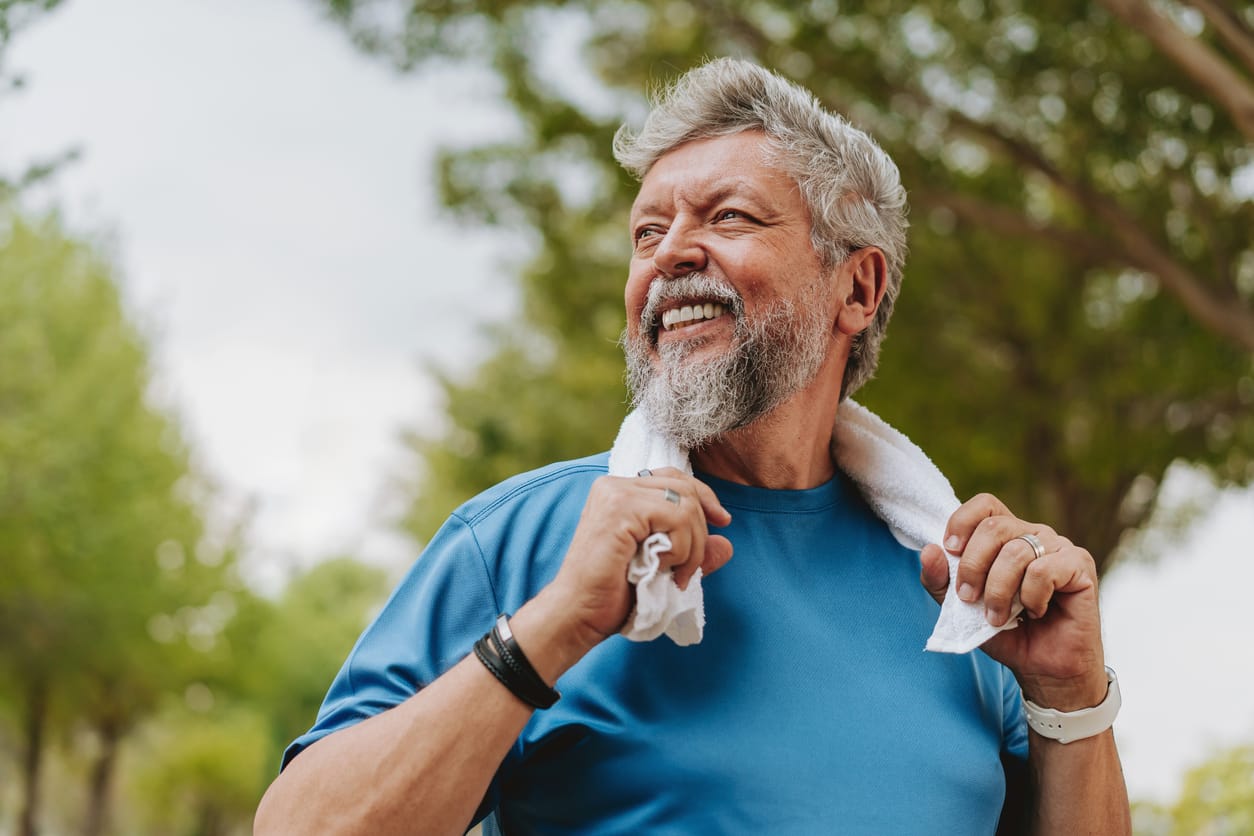Maintaining daily routines is essential for seniors to uphold their health and independence, providing structure, stability, and purpose in their lives. From waking up at a consistent time to engaging in physical exercise, medication management, and meal planning, these routines play a vital role in managing health conditions and promoting overall well-being.
But behind the seamless execution of these routines lies the tireless dedication of family caregivers. In this role, caregivers become the architects of their loved ones' daily lives, ensuring each day is filled with moments of comfort, dignity, and joy.
Understanding the Needs of Seniors
Understanding the unique challenges and needs that come with aging is crucial for our senior loved ones. They experience a range of physical and cognitive changes, including decreased mobility, sensory impairments, memory decline, and slower processing speeds, all of which significantly impact their daily lives.
Amidst these changes, routines become vital lifelines, providing stability, reducing stress, and enhancing a sense of security for seniors. By sticking to familiar patterns of daily activities, such as waking up at a consistent time, engaging in regular exercises, and staying on top of medication schedules, our senior loved ones can navigate their days with greater ease and confidence.
Recognizing the importance of routines in supporting their well-being is key, as incorporating meaningful routines into their daily lives helps them embrace aging with dignity, grace, and a sense of purpose.
Morning Routines to Start the Day Right
Typical Morning Routine
1. Gentle Exercises: Before the sun fully rises, we encourage gentle exercises tailored to their needs. Whether it's a serene stretch session or a leisurely walk in the morning air, these activities invigorate their body and mind.
2. Nutritious Breakfast: Breakfast isn't just a meal; it's a moment to nourish. We carefully prepare a breakfast rich in nutrients, considering dietary requirements and preferences. Every bite is crafted to fuel their day ahead.
3. Medication Management: Like clockwork, we manage medications with precision and care. From organizing pillboxes to ensuring timely doses, we prioritize their health and well-being with every medication handled.
Adapting Routines
1. Personalized Activities: We adapt morning activities to match their energy levels and health status. Some days call for gentle activities, while others allow for a bit more movement. Flexibility is key to meeting their ever-changing needs.
2. Streamlined Preparations: We've mastered the art of efficiency. Streamlining morning preparations isn't just about saving time; it's about creating a calm and reassuring environment. From prepping essentials the night before to optimizing our morning schedule, every step is thoughtfully planned.
Afternoon Activities for Engagement and Independence
Physical and Mental Activities
1. Light Hobbies: Afternoons are perfect for pursuing gentle hobbies that bring joy and fulfillment. Whether it's tending to a garden, exploring crafts, or enjoying creative pursuits, these activities stimulate the mind and soothe the spirit.
2. Senior-Friendly Physical Activities: Movement is essential for vitality. We encourage activities like seated exercises, gentle yoga, or leisurely walks in safe environments. These activities not only promote physical well-being but also enhance overall mood and mobility.

Social Interaction
1. Maintaining Social Contacts: We understand the importance of staying connected. Whether through phone calls, visits from friends and family, or participating in community events, maintaining social ties enriches their emotional health and sense of belonging.
2. Social Activities: From in-person gatherings to virtual meetups, we foster a vibrant social life. This includes group outings, book clubs, game nights, or even virtual chats with loved ones afar. Each interaction sparks laughter, shared memories, and a sense of community.

Evening Routines for Better Sleep
Establishing a Calming Routine
1. Relaxation Exercises: Evenings begin with gentle relaxation exercises. From deep breathing exercises that calm the mind to soothing meditation sessions, these practices ease tension and prepare the body for rest.
2. Quiet Activities: As the day winds down, we encourage quiet activities that promote relaxation. Whether it's losing oneself in a good book, enjoying the melodies of soft music, or engaging in calming hobbies, these moments nurture a serene atmosphere.
Consistency in Bedtime
1. Benefits of a Consistent Sleep Schedule: We emphasize the benefits of a regular sleep schedule. Consistency regulates their body clock, promotes better sleep quality, and enhances overall well-being. Predictability in bedtime routines instills comfort and stability.
2. Creating a Conducive Sleeping Environment: We meticulously prepare their sleeping space for optimal comfort. From adjusting room temperature and lighting to ensuring bedding is cozy and supportive, every detail is tailored to promote deep, uninterrupted sleep.
Nutritional Considerations
Prioritizing the nutritional needs of our elderly loved ones is central to our caregiving approach. Each meal is meticulously crafted to support their well-being and enhance their enjoyment of food. Essential nutrients such as fiber, calcium, vitamin D, and protein are carefully integrated, meeting both dietary guidelines and individual health requirements.
Hydration is also a priority, with regular water intake and soothing options like herbal teas ensuring optimal hydration levels.
Understanding the specific nutritional needs of elderly individuals is crucial. For instance, calcium intake around 1,200 milligrams daily supports bone health, which is vital as we age, according to the National Institutes of Health. Vitamin D, recommended at 400–800 International Units daily for adults over 65, aids in bone health and muscle function.
Adequate protein intake is essential for maintaining muscle mass and strength, with recommendations set at 0.8 grams per kilogram of body weight for healthy adults, according to the Academy of Nutrition and Dietetics. These guidelines serve as a foundation, but personalized nutritional plans should always be developed in consultation with a registered dietitian or healthcare professional.
By tailoring our approach to individual needs, we ensure that each elderly loved one receives the specific care and attention necessary to support their health and well-being effectively.





